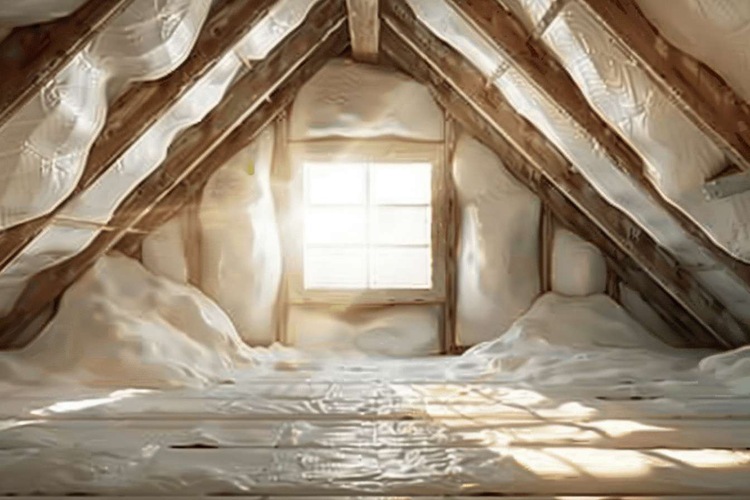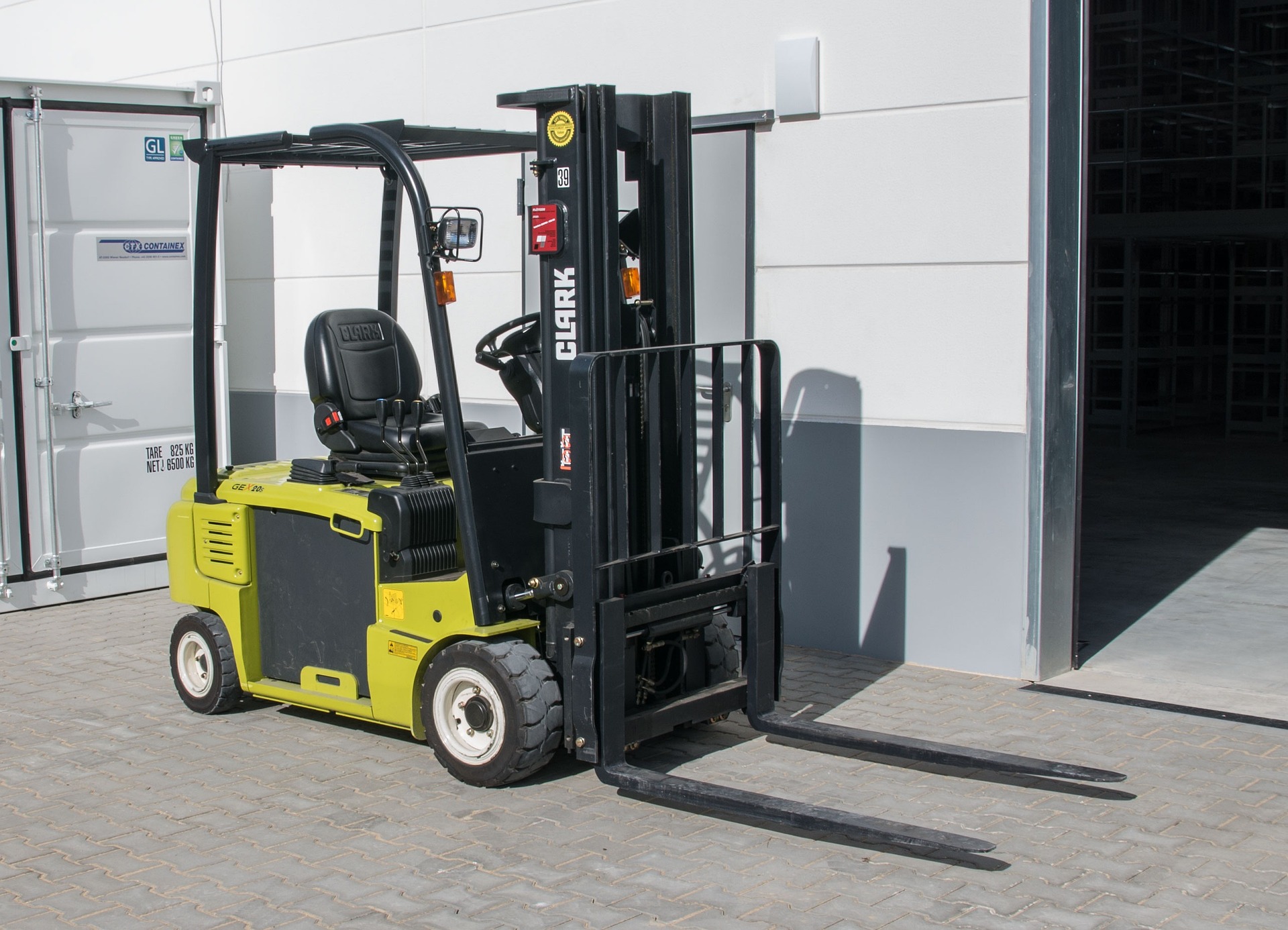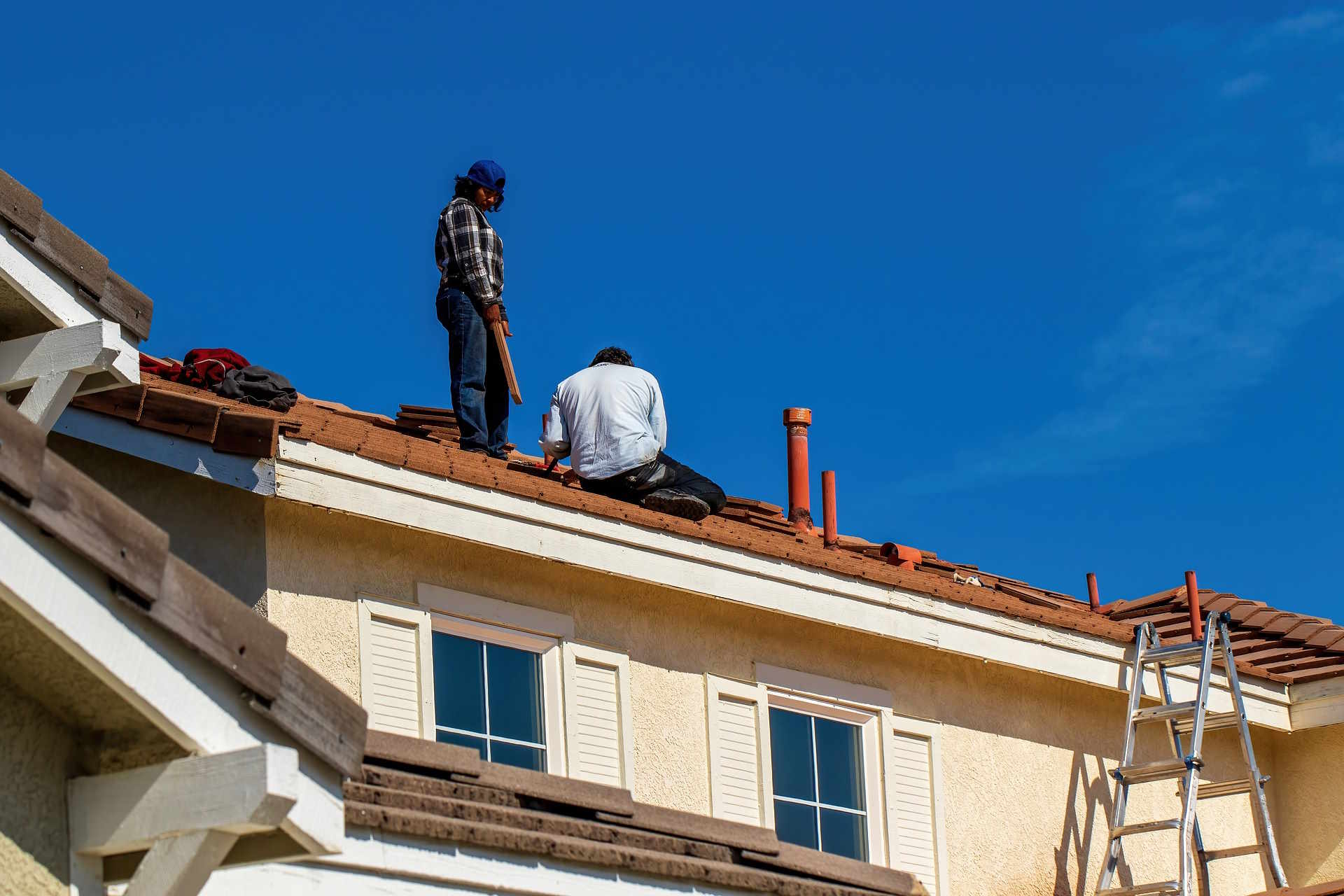Nowadays, many families buy polycarbonate sheets to decorate their houses. Do you know its advantages?
Polycarbonate roofing panels have become a top choice for many home renovations and outdoor space constructions due to their durability, style, and versatility. Whether used for patios, carports, greenhouses, or garden awnings, this material strikes a perfect balance between strength and aesthetics. Polycarbonate is a lightweight yet extremely strong material, 200 times stronger than glass. It boasts exceptional impact resistance, weather resistance, and UV protection, making it suitable for various climates. Roofing panels allow natural light to pass through while blocking harmful UV rays, keeping the space bright and safe. Furthermore, it offers excellent thermal insulation, helping to regulate temperature in both hot summers and cold winters.

Polycarbonate sheets have transformed home decoration and improvement projects with their remarkable combination of durability, versatility, and aesthetic appeal. These thermoplastic polymers have gained significant traction among homeowners looking for modern, practical solutions for everything from roofing to decorative elements. Let’s explore why these versatile sheets have become a preferred choice for residential applications and what makes them stand out from traditional materials.
What Are the Main Advantages of Polycarbonate Sheets?
Polycarbonate sheets offer an impressive array of benefits that make them ideal for home decoration and practical applications. Their most notable advantage is exceptional impact resistance—they’re virtually unbreakable under normal conditions, with strength approximately 200 times greater than glass at only half the weight. This remarkable durability doesn’t compromise light transmission, as they allow up to 90% of light to pass through, creating bright, well-lit spaces.
Weather resistance is another significant advantage, with polycarbonate sheets capable of withstanding extreme temperatures ranging from -40°C to 120°C without warping or degrading. They also offer natural UV protection, preventing harmful ultraviolet rays from penetrating while maintaining their clarity over time. For energy-conscious homeowners, their excellent thermal insulation properties help reduce heating and cooling costs by maintaining consistent indoor temperatures.
Additionally, polycarbonate sheets are flame-retardant, meeting strict building safety codes, and offer sound insulation properties that help reduce noise transmission. Their lightweight nature makes them easier to handle during installation compared to glass or other rigid materials, reducing labor costs and simplifying DIY projects.
What Are the Common Uses of Polycarbonate Sheets in Home Decoration?
Polycarbonate sheets have found numerous applications in home decoration due to their versatility and aesthetic appeal. For outdoor spaces, they’re commonly used for patio covers, pergolas, and carports, creating protected areas that maintain natural light. Greenhouse enthusiasts appreciate their excellent light transmission and thermal insulation properties, which create ideal growing environments for plants.
Inside the home, polycarbonate sheets serve as stylish room dividers, shower enclosures, and decorative wall panels. Their ability to be thermoformed into various shapes allows for creative ceiling designs, light fixtures, and custom furniture pieces. The sheets can be found in different finishes—clear, frosted, tinted, or textured—enabling homeowners to achieve specific design aesthetics while maintaining functionality.
Many homeowners use polycarbonate sheets for window replacements in areas requiring impact resistance or as protective glazing over existing windows. Their versatility extends to decorative elements like backlit wall panels, illuminated countertops, and artistic installations that capitalize on their light-diffusing properties.
How Much Do Polycarbonate Sheets Cost?
The cost of polycarbonate sheets varies significantly based on several factors, including thickness, size, color, and special features like UV protection or specialized coatings. Standard clear sheets typically range from £20 to £40 per square meter for 4mm thickness, while thicker sheets of 10mm might cost between £50 and £80 per square meter.
Specialized varieties command premium prices: multiwall polycarbonate sheets, which offer better insulation due to their cellular structure, typically cost between £25 and £60 per square meter depending on the number of walls and thickness. Tinted or colored options generally add 10-20% to the base price, while sheets with advanced features like anti-condensation coatings can increase costs by up to 30%.
| Type of Polycarbonate Sheet | Average Price (per m²) | Common Applications |
|---|---|---|
| Solid Clear (4mm) | £20-£40 | Windows, signage, protection barriers |
| Solid Clear (10mm) | £50-£80 | High-security glazing, sound barriers |
| Twin-Wall (6mm) | £25-£35 | Conservatory roofing, greenhouses |
| Triple-Wall (16mm) | £40-£60 | Roofing with better insulation |
| Corrugated | £15-£30 | Roofing, cladding, fencing |
| UV-Protected | +15-25% | Outdoor applications |
Prices, rates, or cost estimates mentioned in this article are based on the latest available information but may change over time. Independent research is advised before making financial decisions.
Installation costs should also be considered, as professional installation typically adds £40-£100 per hour depending on the complexity of the project and your location. For DIY enthusiasts, additional materials like framing, sealants, and fixings might add 15-30% to the overall project cost.
How to Buy Polycarbonate Sheets for Your Home?
Purchasing polycarbonate sheets requires careful consideration of several factors to ensure you get the right product for your specific needs. Begin by accurately measuring the area where the sheets will be installed, accounting for any overlaps or cutting allowances. Determine the appropriate thickness based on your application—thinner sheets (2-4mm) work well for basic protection and decorative elements, while thicker options (6-16mm) are better for structural applications or areas requiring greater strength.
Consider the sheet configuration that best suits your project: solid sheets provide maximum clarity and strength, while multiwall options offer better insulation at the cost of some transparency. The color and finish should complement your home’s aesthetic while serving functional purposes—clear maximizes light transmission, while tinted varieties reduce glare and heat.
When shopping, explore multiple suppliers including specialized plastics retailers, home improvement stores, and online marketplaces to compare prices and product specifications. Request samples before making large purchases to verify quality, color, and thickness. Many suppliers offer cutting services for an additional fee, which can be worthwhile for precise dimensions or complex shapes.
Look for warranties and certifications that indicate quality and compliance with building codes. Most reputable manufacturers offer 10-year warranties against yellowing and breakage. Finally, don’t forget to inquire about appropriate fixings, sealants, and installation accessories compatible with polycarbonate sheets, as using the wrong products can damage the material or void warranties.
Can Polycarbonate Sheet Sizes Be Customized?
Yes, polycarbonate sheets offer excellent customization options to suit specific project requirements. Standard sheets typically come in dimensions of 2000mm × 1000mm or 2440mm × 1220mm, but many suppliers provide cutting services to precise measurements. This customization capability makes polycarbonate particularly valuable for unique spaces or creative design applications.
For DIY enthusiasts, polycarbonate sheets can be cut at home using specialized tools. Fine-toothed circular saws, jigsaws with plastic-cutting blades, or even sharp utility knives (for thinner sheets) can be used with proper safety precautions. When cutting, it’s essential to protect the sheet’s protective film until installation is complete to prevent scratching.
Beyond simple cutting, polycarbonate sheets can be thermoformed—heated and molded into curved or complex shapes—making them suitable for architectural features like domed skylights or curved wall panels. This formability allows for creative expression in home decoration that would be difficult or impossible with glass or other rigid materials.
For projects requiring unusual dimensions or specialized features, many manufacturers offer made-to-order services with customized thickness, color, and coating options. While custom orders typically involve longer lead times (2-4 weeks) and higher costs (20-40% premium), they provide precisely what’s needed for specialized applications without waste or compromise.
Polycarbonate sheets have revolutionized home decoration by offering a unique combination of durability, versatility, and aesthetic appeal. Their advantages over traditional materials—including impact resistance, light transmission, weather durability, and customization options—make them an excellent choice for various applications throughout the home. While costs vary based on specifications and features, their longevity and low maintenance requirements often make them a cost-effective solution in the long term. Whether you’re looking to create a stunning conservatory roof, modern room dividers, or protective glazing, polycarbonate sheets provide practical solutions that enhance both the functionality and visual appeal of your living spaces.




